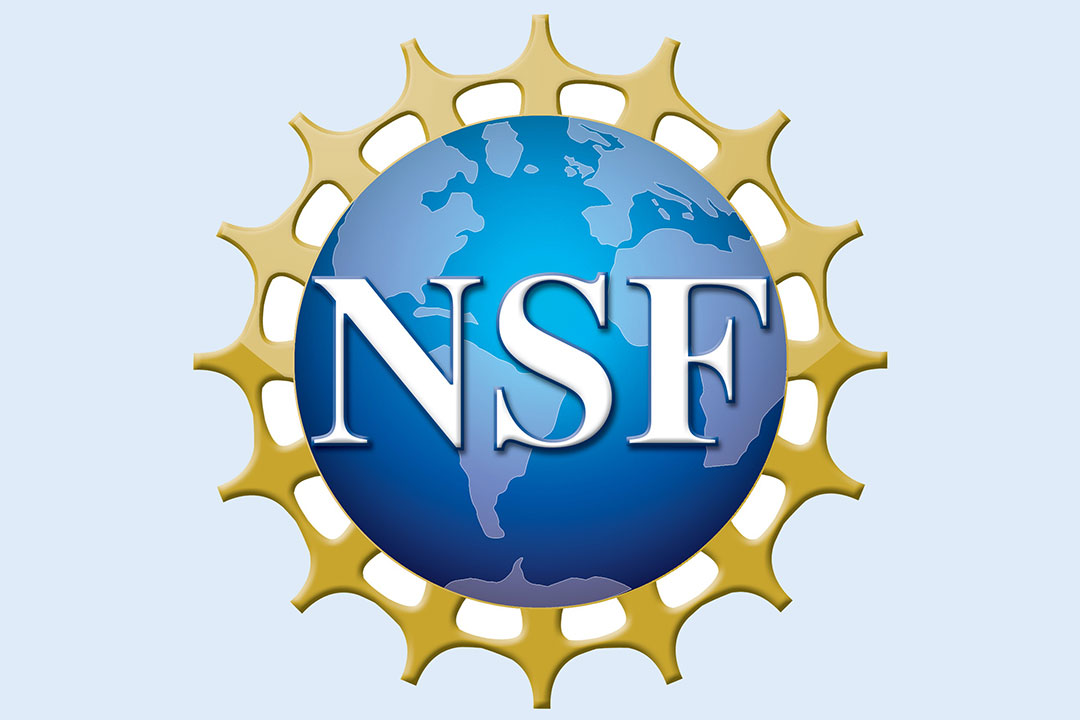RIT joins University of Rochester in NSF-funded study about the future of creativity
Interdisciplinary team to explore creative design process at the human-technology frontier
RIT is joining University of Rochester and others in a National Science Foundation-funded project to learn about the different creative skills that tomorrow’s workforce needs.
The study is centered on the idea that intelligent machines are replacing the routine tasks that people do and creative skills will become even more valuable for future workers. The project brings together 24 researchers and practitioners, from across the Rochester region, to learn how advances in artificial intelligence (AI) and augmented and virtual reality (AR/VR) technology are affecting the creative design process. The team hopes to learn how these valuable creative skills can be developed and nurtured in workers.
The project, called “Exploring Creative Design at the Human-technology Frontier through the Emerging Artist-technologist Occupation,” is being spearheaded by experts at University of Rochester. RIT’s MAGIC Spell Studios and School of Individualized Study are contributing to the project.
Researchers will study the emerging occupation of “artist-technologist,” with an initial focus on musicians and composers. The team said that because artist-technologists are experts in both arts and technology — who see no barriers between the two fields — they are in a unique position to design previously inconceivable media products with relevance and applications for arts, entertainment, education, health care, marketing, and new product development.
The team from RIT, University of Rochester, and BOCES will leverage their complementary expertise in the arts, AR/VR, AI, engineering, learning sciences, education, business, entrepreneurship, career education, ethics, and disabilities to explore how specific applications of AR/VR and AI may affect artist-technologists’ creative process, professional identity, overall work experience, preparation, as well as related equity and inclusion issues.
Members of RIT’s MAGIC Spell Studios plan to contribute their experience in modern design pedagogy. They will also explore the transition of the artist — from master of existing tools to innovator and critical problem solver within the technology landscape.
“The next generation of artists are going to be expected to invent new tools or write new software to express themselves, when those tools don’t already exist,” said David Long, director of RIT’s MAGIC Center. “Across digital design, film, immersive expression, etc., the artist is slowly becoming a technologist by necessity.”
The study will feature interviews with key stakeholders and three task forces to identify further research for enhancing future artist-technologists.
RIT’s School of Individualized Study will help by documenting the emergence of student interest in non-traditional credentialing pathways, new interdisciplinary configurations, and emergent areas of career interest.
“We will be helping to develop student personas of the artist-technologist and framing concrete examples of students who are working the intersection of creativity and technological innovation,” said James Hall, dean of University Studies and executive director of SOIS. “Individualized Study programs are a real testing ground of emergent career pathways and the students themselves are often ahead of institutions in seeing where opportunity will emerge.”
“Our experience in helping students improvise training and education pathways will ground the emergence of new and more formal artist-technologist training of the future,” said Hall.
The one-year $150,000 planning grant is funded by the NSF Future of Work at the Human-Technology Frontier program, one of 10 interdisciplinary programs aimed at responding to challenges and opportunities for the future of jobs and workers in a landscape with rapid social and technological changes.
“It is so exciting to work with a team representing so many different, yet relevant, areas of expertise,” said principal investigator Raffaella Borasi, Frederica Warner professor and director of the Center for Learning in the Digital Age at University of Rochester. “I am looking forward to what we can learn from each other, not just for this project, but as a springboard for future collaborations.”













